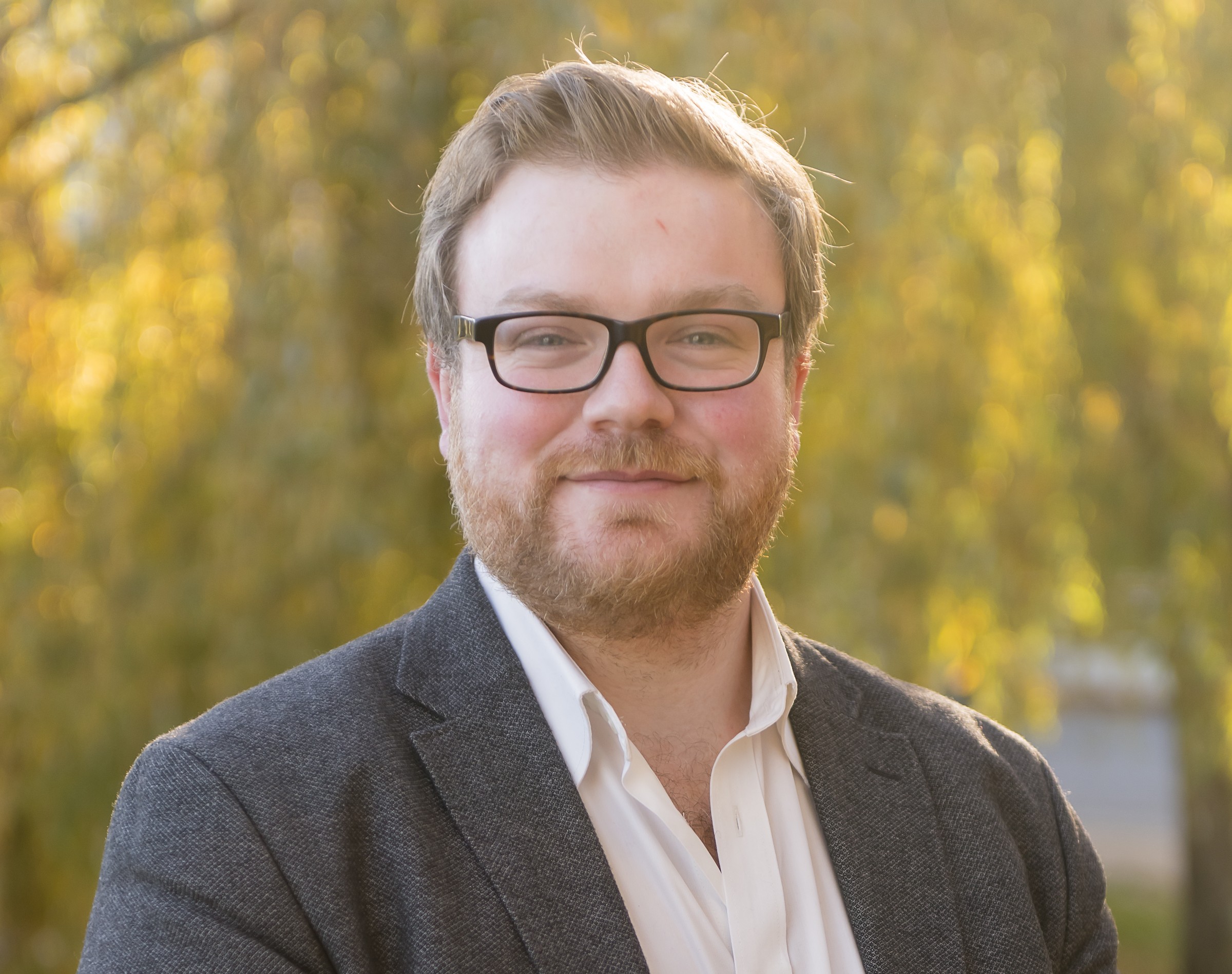PPI in Intellectual disability research
4 min read - 17 Nov 2020
Project and PPI overview
The stage in the research cycle: Identifying & Prioritising, Design, Undertaking/Management, Implementation
Type of research award: Project award
Title of research grant: Intellectual Disability Supplement to the Irish Longitudinal Study on Ageing (IDS-TILDA)
Principal Investigator on the award: Prof. Mary McCarron
Aims of the project
This project involved the development of an accessible health assessment system (A Health Fair) to ensure people with intellectual disability (ID) could participate and engage in objective health measures in a large longitudinal research study (Intellectual Disability Supplement to the Irish Longitudinal Study on Ageing (IDS-TILDA)). The aim of the project was to collaborate with individuals with intellectual disability to develop an approach that would promote reasonable adjustment and, maximise involvement and engagement.
How were people found who wanted to be involved?
IDS-TILDA is a large longitudinal study investigating the health and wellbeing of adults with intellectual disability over the age of 40 years in Ireland. The study engages a number of independent advocates and advocacy groups with intellectual disability across the country to review the protocol for the study. These individuals and groups were invited to engage in focus group consultations to develop an accessible protocol for conducting health assessments with individuals with intellectual disability.
How were people involved?
I worked with an independent self-advocate to draft the explanatory materials and overall health assessment process including the accessible consent process, easy read materials for the assessments, and the plan to roll out the Health Fair. I then organised focus group consultations with several independent self-advocacy groups throughout the country, ensuring the voices of people with ID were central to developing and refining the approach. Three advocacy groups reviewed and commented on the materials and processes, making suggestions which were incorporated into the assessment process.
What training and support was offered?
These groups were supported by a facilitator with extensive experience engaging individuals with intellectual disability. Accessible easy read explanatory material was developed and presented to the groups to support their understanding and identify their actions. Each group was supported by their keyworkers.
What difference did public involvement make?
Including the voice of individuals with intellectual disability ensured that the process developed was inclusive, promoted a sense of empowerment among participants and encouraged ownership of the research. The whole process contributed to improving the knowledge of those involved and increased their awareness of health. This all culminated in creating an inclusive health assessment approach that enabled the engagement of over 600 people with intellectual disability in health assessment. The process developed is quite transferable to other populations and cohorts. The development of the Health Fair also contributed to leveraging further funding from EIT Health, a European Union grant agency. This funding supported the developed of an online educational programme for health care professionals on how to include reasonable adjustment in their everyday practice when engaging individuals with intellectual disability. This educational programme has now had over 3500 learners engage in the course which is available on the Futurelearn platform, a digital education platform.
What would you advise researchers about involvement?
People with intellectual disability are best positioned to identify their own needs and support researchers to identify what is relevant and meaningful to them. As a researcher working in the area of ageing and intellectual disability, I am passionate about ensuring meaningful opportunities for engagement and involvement of people with intellectual disability. Frequently people with intellectual disability are omitted from research due to challenges such as communication difficulties or perceptions that they will not be able to consent or understand. However, their omission is an injustice. Through reasonable adjustment, collaboration and co-production meaningful involvement of individuals is possible. The outcome of this project was to successfully engage 604 individuals of all levels of intellectual disability in objective health measures. Stemming from meaningful involvement to ensure an accessible robust Health Fair, these objective health measures contributed to identifying multiple disparities in health and enabled the identification of crucial data that continues to contribute to improvement in the lives of people with intellectual disability.
Contact details: Dr Éilish Burke (Project Manager for award), Ussher Assistant Professor, School of Nursing & Midwifery, Trinity College Dublin
4 min read - 17 Nov 2020



